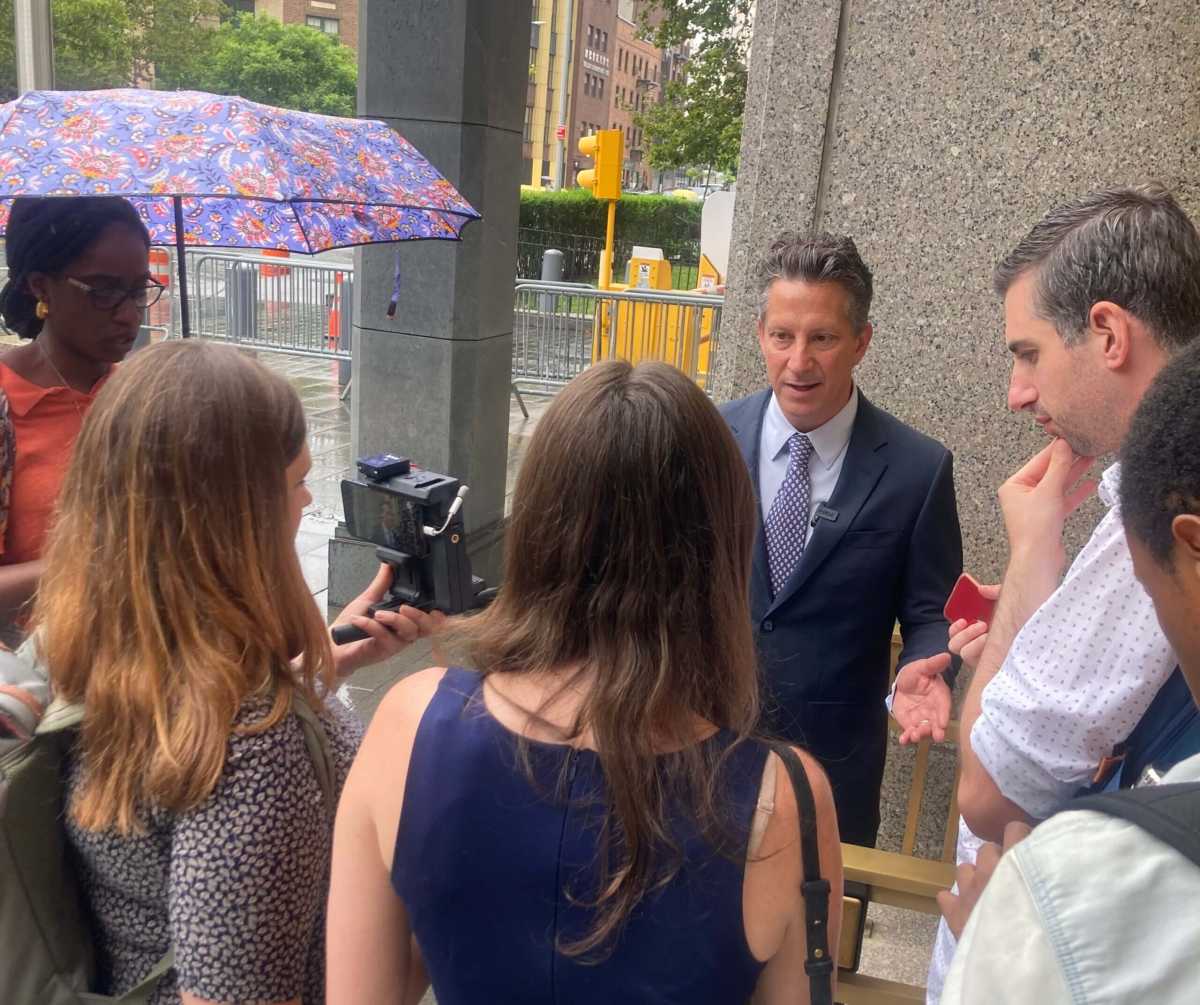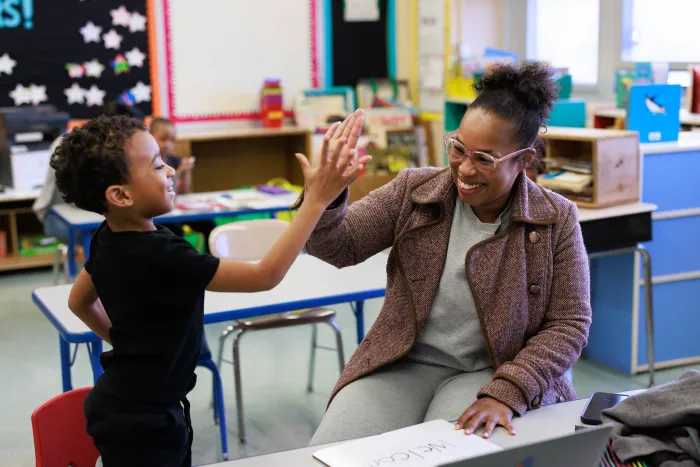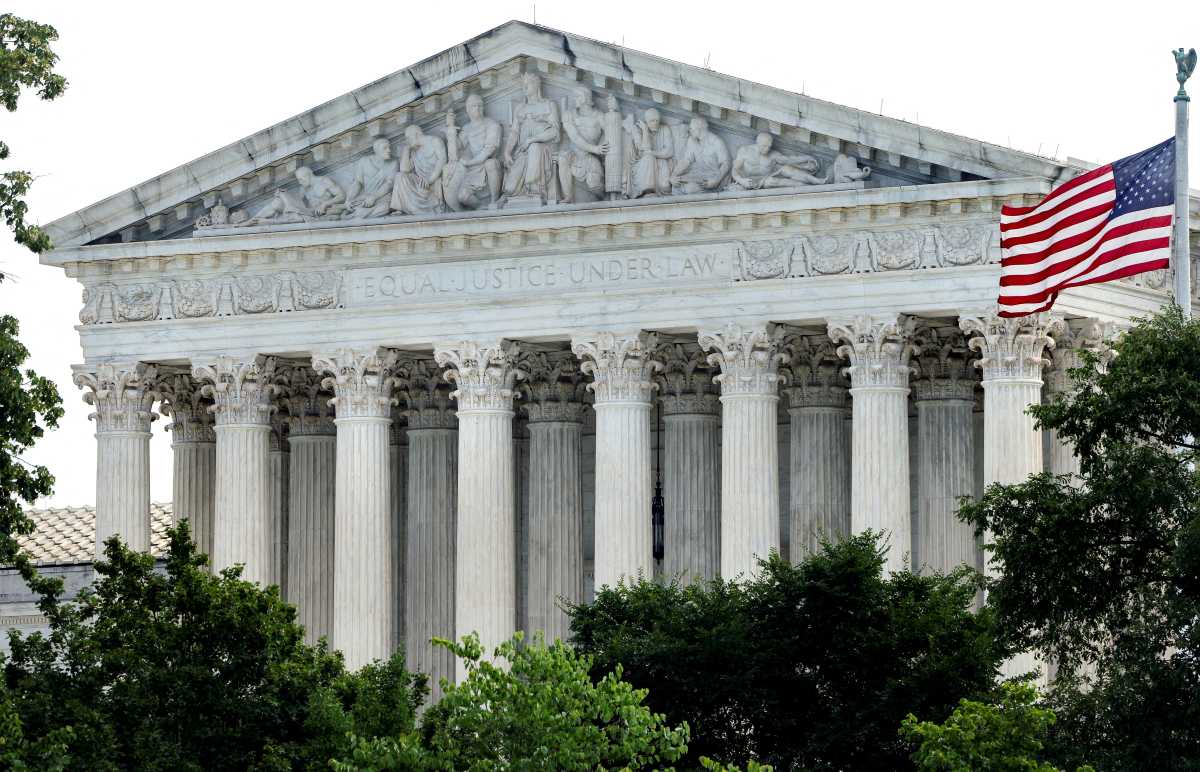The New York City Department of Education was ordered Wednesday to change its system for managing special education administrative orders after parents took the agency to task for its alleged lack of support.
The motion, handed down by Judge Loretta A. Preska of the U.S. District Court for the Southern District of New York, was made at a class action suit court conference and consisted of a total of 40 directives.
Judge Preska ordered the department to improve its systems and internal structures including creating a support hotline for special education hearing order implantation, improving and building technology systems for supporting implementation, and recruiting and hiring new staff to implement special education hearing orders.
The judge also directed the DOE to make payments to parents of special education students on time, and to appoint “implementation liaisons” in all districts to be point of contacts during the implementation process of the special education hearing orders.
The judge established deadlines ranging from two months to 18 months for the DOE to implement the changes.
The order was the most recent action taken in the class action lawsuit L.V. v. New York City Department of Education, originally filed in December 2003.
The order also includes recommendations made by a “Special Master,” ordered by a federal judge in 2021 to recommend areas for the DOE to improve on. David Irwin, from Thru Consulting, issued his report in March 2022 for Preska.
His recommendations included addressing the DOE staffing crisis, modernizing processes and data, and improving communication around getting services for special education students and parents.
The complaint was filed by eight plaintiffs — all parents of children with disabilities who attend New York City public schools.
The parents allege that they initiated hearings with the DOE, each for the purpose of requesting funding or reimbursement for school tuition, psychological evaluation, psychiatric examination, or transportation expenses, as well as inappropriate summer program placement.
However, at the time of filing the complaint, the parents had not received payment or reimbursement from the DOE. The administration settled the case in 2008, but still failed to comply with the orders mandated by the special education administrative hearings.
New York City Mayor Eric Adams and Schools Chancellor David Banks laid out comprehensive improvements Wednesday afternoon in response to the court order.
In a statement distributed to press by the DOE Wednesday afternoon, Adams acknowledged that students with disabilities have struggled in a system that wasn’t fully able to meet them where they are.
“Today’s announcement is a step in the right direction for both New York City’s public school students and their families,” Adams said. “Together, with all those involved, the DOE is building on the foundation this administration is setting to support students with disabilities and reimagining special education in public schools.”
Banks supported the mayor’s sentiment that the DOE has “not done enough for our students with disabilities and their families.”
“Our families have long deserved a transparent and responsive process for receiving much needed services for their children,” Banks said. “The new requirements are stringent because we, too, believe that change is long overdue. While case volume and challenges increased over the past decade, we are moving aggressively to set a new course.”
Representatives with non-profit Advocates for Children of New York, who co-filed the original complaint, say they have fought for the last decade to fix the DOE’s process of complying with special education hearing orders. Kim Sweet, the group’s executive director, said in a statement that families only file hearings as a last resort — after their child has already been denied the services or school placements that they need in order to learn.
“To then wait months or years without ordered services or reimbursements adds insult to injury for students and their families, and in our experience can lead to further harm for the families,” Sweet said.
Rebecca Shore, director of litigation at Advocates for Children of New York, contended that families shouldn’t be subjected to months of waiting for their children to receive their mandated special education services.
“We are hopeful that Judge Preska’s order will mean students with disabilities finally receive the services that they need, at the time they are needed,” Shore said.
Shore told amNewYork Metro that there will be consequences if the DOE does not comply with this latest court order, including the plaintiffs being able to seek relief from the court.
“If the DOE does not comply with the order, the DOE will be accountable to the court and will be subject to the remedies and relief the court imposes,” Shore said.
Jasper Perkins, an associate at Milbank LLP, which fought alongside Advocates for Children of New York, expressed his faith in this next step of holding the DOE accountable for ensuring its students with special education needs are promptly serviced.
“We cannot unwind decades of systemic failure,” Perkins said. “But we hope that the changes recommended by the special master’s report — and compelled by the court — will ensure no families endure the same neglect in the future.”
Read more: Discover Top CBD Oil Products for Cats’ Well-being







































